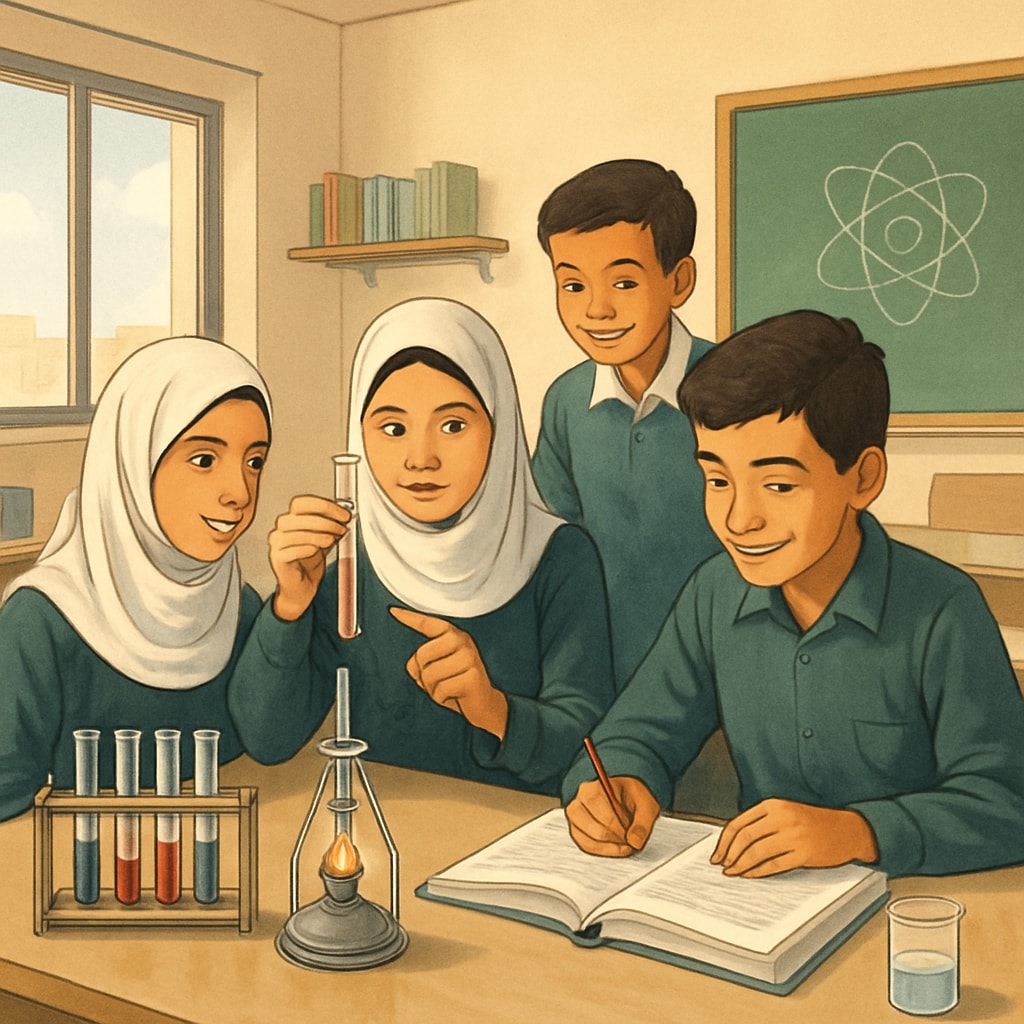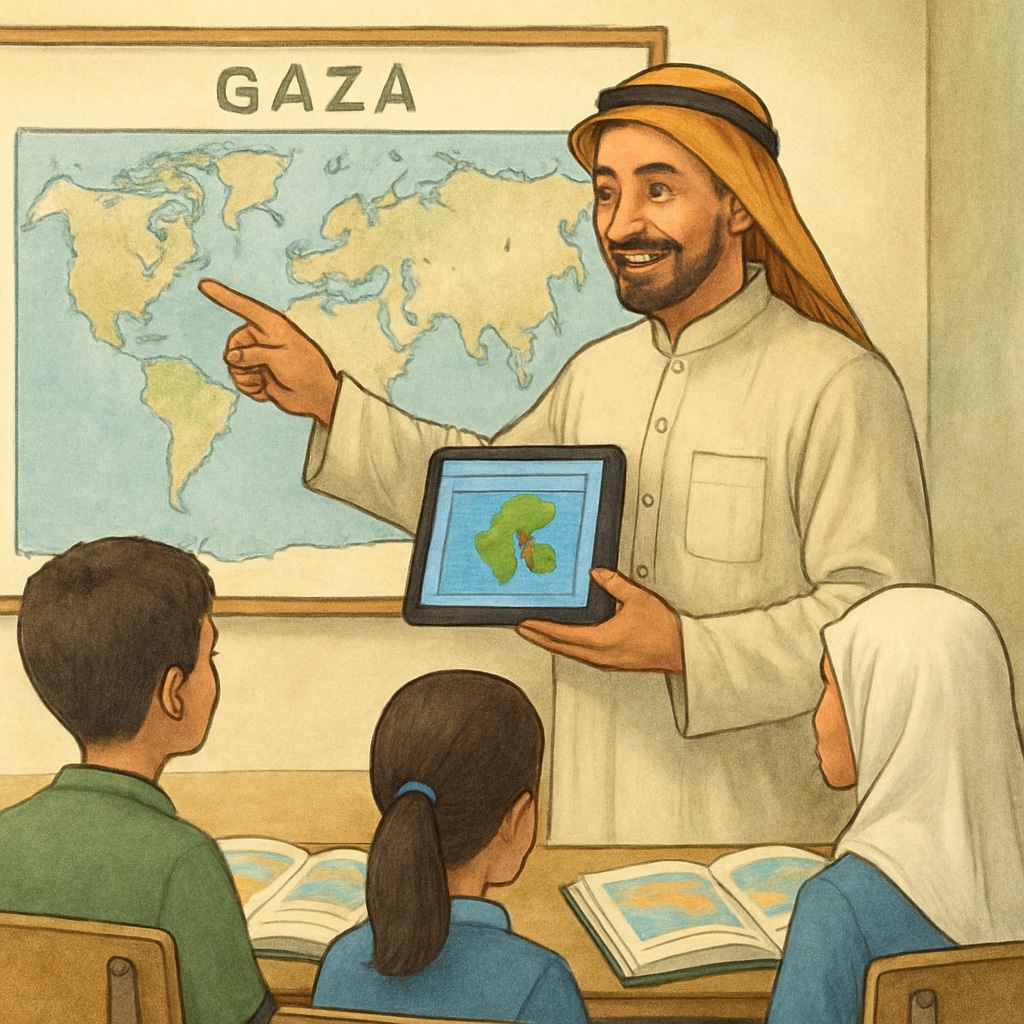In the aftermath of conflict, rebuilding hope and opportunity often begins with education. For Gaza schools, the development of comprehensive and balanced science and social studies curricula is not merely an academic endeavor—it is a pathway toward stability and progress. This vital undertaking poses both significant challenges and unique opportunities to craft a framework that nurtures critical thinking, cultural understanding, and a vision for peaceful coexistence. By addressing the specific needs of Gaza’s public schools, educators can create a teaching guideline that is both locally relevant and globally aligned.
The Importance of Science and Social Studies in Post-Conflict Education
Education in post-conflict regions like Gaza is more than just a tool for academic growth—it is a cornerstone for rebuilding communities. Science and social studies, in particular, play a crucial role in shaping young minds to understand their world objectively and empathetically. Science education fosters inquiry, innovation, and problem-solving skills, equipping students to tackle local and global challenges. Social studies, on the other hand, encourage an understanding of history, culture, and governance, essential for fostering tolerance and civic responsibility.
However, designing these curricula for Gaza schools requires sensitivity to the region’s unique geopolitical context. It must balance local cultural heritage with universal principles of education, ensuring that students are prepared to engage with the wider world while valuing their roots.

Challenges in Curriculum Development for Gaza Schools
Developing a science and social studies curriculum for Gaza comes with its own set of hurdles:
- Resource Constraints: Limited access to educational materials, laboratory equipment, and trained staff can hinder effective curriculum implementation.
- Political Sensitivities: The curriculum must avoid polarizing narratives while promoting balanced perspectives, which can be challenging in a divided region.
- Infrastructure Limitations: Many schools in Gaza operate in damaged facilities, making it difficult to conduct interactive and practical lessons, particularly in science.
Despite these challenges, there are opportunities to innovate. For instance, digital resources and open educational platforms can supplement classroom learning. Organizations and educators can collaborate internationally to share best practices and develop adaptable teaching models.

Proposed Strategies for Effective Curriculum Planning
To address these challenges and create an impactful curriculum, a multi-faceted approach is needed:
- Inclusive Stakeholder Engagement: Involve local educators, parents, and students in the curriculum design process to ensure it reflects community needs and values.
- Focus on Peace Education: Integrate themes of conflict resolution, empathy, and cross-cultural understanding into social studies lessons.
- Hands-On Learning in Science: Prioritize experiential learning, such as experiments and projects, to make science engaging despite limited resources.
- Leverage Technology: Utilize e-learning platforms and digital content to bridge gaps in physical resources and expand access to quality education.
By adopting these strategies, Gaza schools can cultivate a generation of thinkers and leaders who are equipped to build a brighter future.
Conclusion: Creating science and social studies curricula for Gaza schools is a complex but essential task. It demands a careful balance between local relevance and global standards, as well as innovative solutions to overcome resource limitations. By fostering critical thinking, cultural understanding, and a commitment to peaceful coexistence, education in Gaza can become a beacon of hope for generations to come.
Education in Palestine on Wikipedia | Education Systems on Britannica
Readability guidance: This article maintains short paragraphs, uses lists for clarity, and integrates transitional words to ensure smooth reading. Passive voice and long sentences are minimized for clarity and accessibility.


